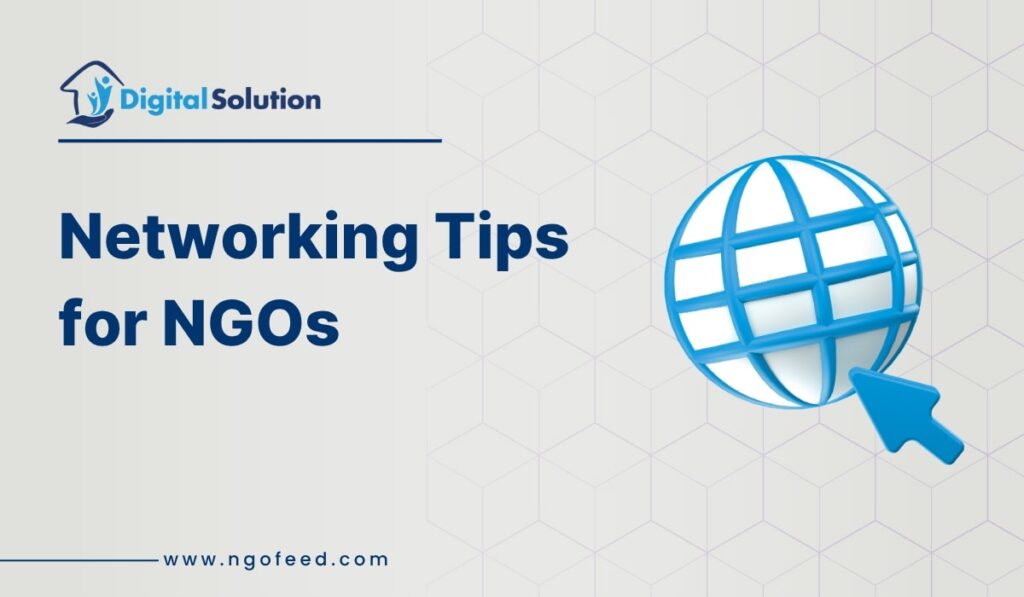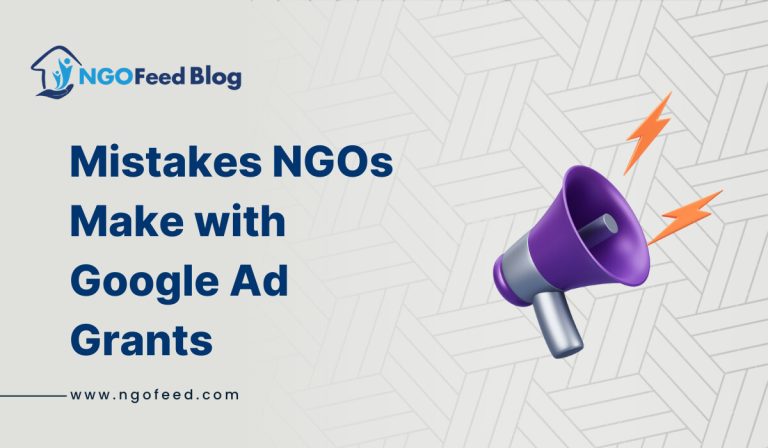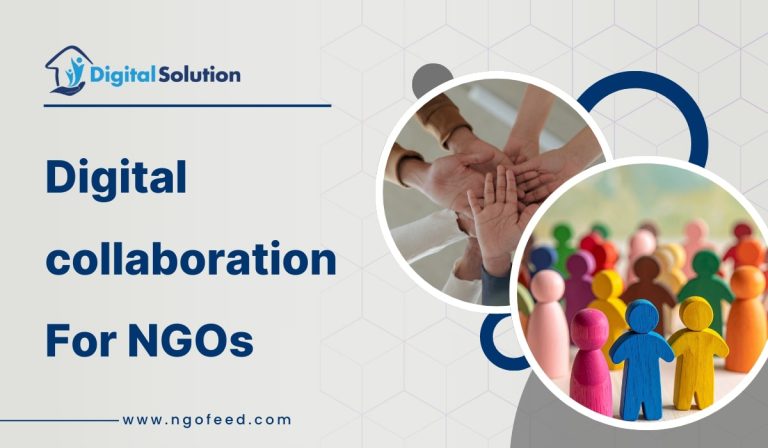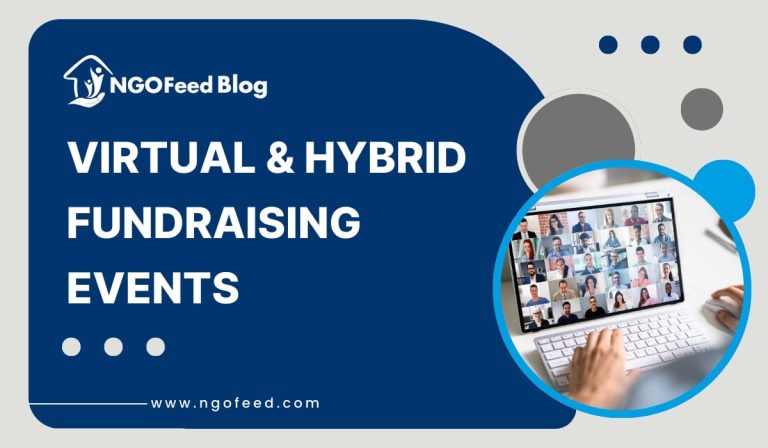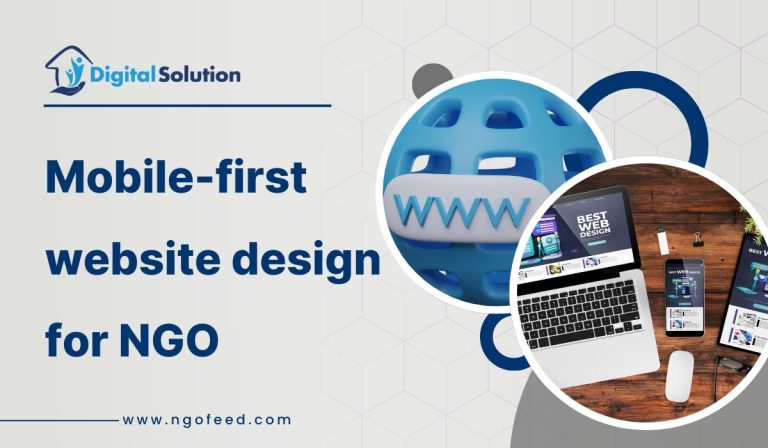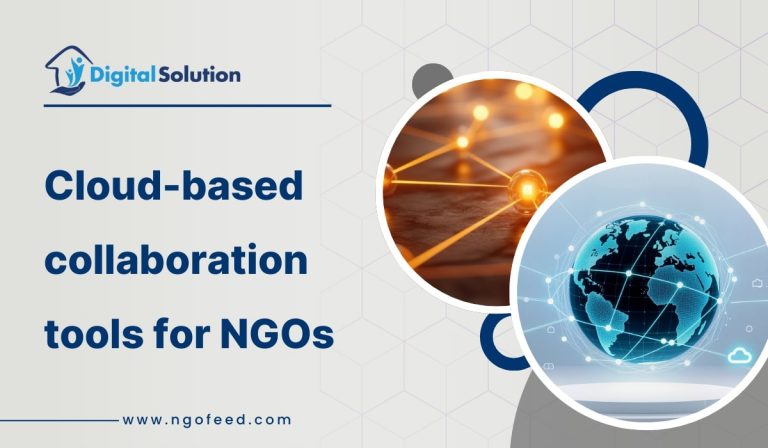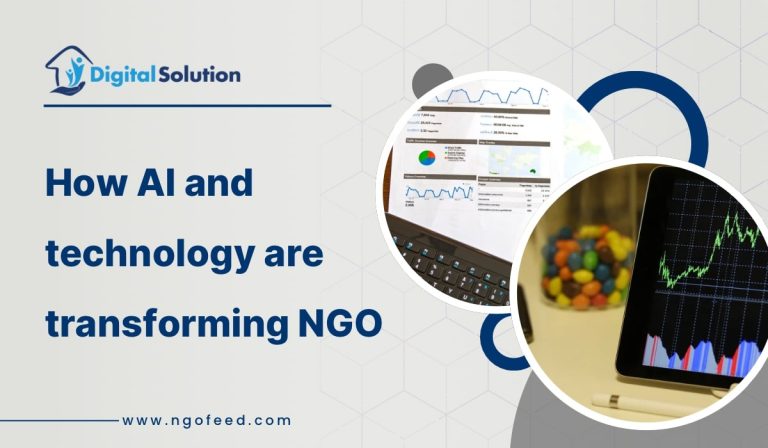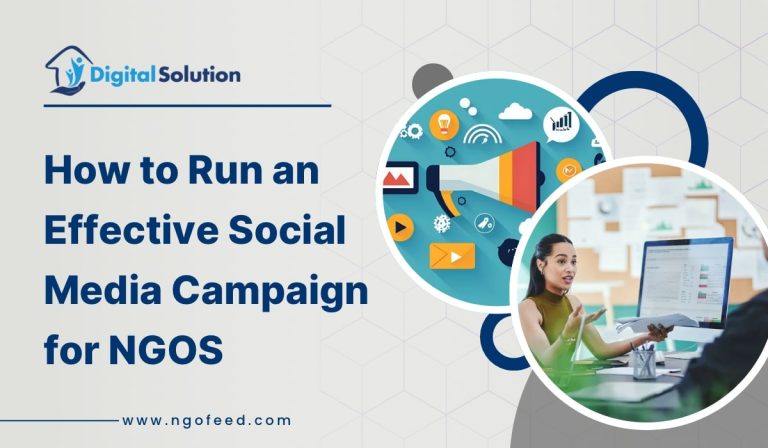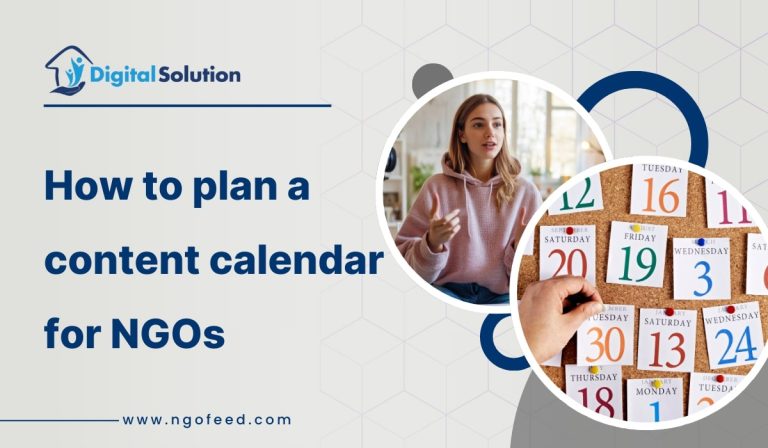Networking Tips for NGOs: Non-profit organisations are built to empower the marginalized society. That is often shadowed by violence, discrimination, deprivation and exploitation. Meanwhile, one of the key ways to reach those blocked minds is to spread knowledge and ideas. Which is only possible through communication, and communication is, in fact, networking.
The crux of it is, behind a successful NGO is there is a large network working. To ease the process of fundraising, building partnerships, and spreading public awareness to drive community development.
In this blog, we will unveil some collaboration ideas that can help you get the ball rolling in your non-profit organisation. But before we opt for the details, let us have a brief discussion on the necessity of network development.
Table of Contents
Why are Networking Tips for NGOs Important?
NGO or non-profit organisations serve the local community. People who are ignored or face discrimination because of who they are. To stand against sensitive issues like these, awareness is mostly important. Because most people are unaware of their rights, and those who can help often have no idea of the existence of such communities. Meanwhile, NGO play a crucial role in creating a bridge between these gaps.
Networking and coalitions facilitate NGOs in expanding their reach, building community trust, and having a long-lasting social impact. Effective networking is essential in building partnerships with groups or organisations that share the same values, the goal of making a positive change in society. This helps to expedite resources, sharing knowledge and ideas. A powerful network enables collaboration with businesses, government entities and volunteers that helps in raising funds and spreading awareness.
Now that we know what powerful networking can do, let us take a look at some of the tips that can help increase the circle back of your Non-profit organization:
Also Read: Importance of Branding for NGOs
Create a goal
Create a goal or mission for your NGO. An NGO or non-profit organisation covers a wide variety of humanitarian or social causes. What are the primary goals of your non-profit? It can be one specific or multiple like education, poverty, or child abuse. Setting a specific goal helps to create a strategy for networking more effectively. This helps you plan which types of people or organizations can provide you with the resources or knowledge, and experience that can add value to your organization.
Clarify the vision
Before opting for networking, you must clarify the vision of your NGO. What is the future development you are hoping to bring with your organization? Because people would like to know what you are serving, who you are serving for and what changes it can make. Particularly, the importance of your action should be crystal clear so that people can understand and value your cause. This way, you can communicate with confidence and grab the attention of your specific audiences.
Leverage social media
Social media is a great way to increase your networking circle. Make a strong online presence, especially on platforms like Facebook, Instagram, and Twitter. These are the common platforms used by millions of people. Use these platforms to share your NGO Success stories, update daily about the community developments. To increase visibility, use the hashtag that can help to reach the preferred audience, like CSR (Corporate Social Responsibility) teams and thought leaders.
Also Read: Top Reasons Nonprofits Choose NGOFeed to Drive Growth and Impact
Connect with Local Business
Collaboration with local businesses like SMEs (Small and medium enterprises) can be beneficial for your NGO in various ways. Building partnerships with small businesses can help your NGO get valuable resources like financial sponsorships, donations, and they can also provide you with venues for organising campaigns or social events. This way, your NGO facilitates resources through partnership, and the business providing for the social cause gets a reputable brand image. This promotes the business and attracts more customers and employees because people are more drawn towards work that contributes to humanitarian purposes.
Join the NGO network
Joining other NGO networks is a great way of connectivity growth. It opens the door of opportunities for sharing the same value and exchanging resources and ideas with other groups who are gathered for the same purpose. It is extraordinary and beautiful to be in a circle of people who understand and experience the same perspective of society. It is a great way of teamwork. Where, for example, in the case of advocacy of a policy change becomes stronger and more active because you get a larger supportive team who is advocating for the same change you are.
Attend events or conferences
Attending industrial events is a vital part of meeting valuable people. Various industries are eager to contribute funding to organisations like NGOs, which are standing for a humanitarian cause. Industrial events aimed at exchanging values of non-profit or other social sectors are opportunities to meet up with other organisations, donors, and policymakers. People who can help raise funds for your NGO or support your activity by sharing knowledge and spreading awareness.
Alliance with Educational institutions
Educational institutions like schools, colleges, or universities can be a valuable network. Attend Campus events and other school functions to share the perspective of your non-profit organisation. They can help to provide valuable resources like research activities and volunteers. Depending on your NGO’s goals, whether it’s health, education, or environmental sustainability, building a partnership with educational institutions can be helpful to drive awareness and wider audience connectivity.
Also Read: Why NGOFeed Is the Best Platform for Nonprofit Organizations
Engaged with volunteers
Volunteers are the manpower who are the backbone of your organisation. Effective networking with the volunteers can help in the fundraising activity of your NGO and also in the outreach community. Recruit the local volunteers for your organisation who know the local community and its problems. Create a training program to prepare them for your organisation’s mission. They can be valuable in reaching out to the local people and identifying their issues. Volunteers, through reaching the underprivileged communities, spread awareness, distribute help, and stay connected for any updates from the people.
Share your success stories
Building connections is beneficial, though not an easy task. You need to make a place in the people’s hearts, ensure connectivity or link up with their circumstances. To do so, you have to give an example, prove to them that your connection does matter. Use your storytelling method both online and offline. Reach the audience who may be interested in your stories. Share with them the success stories of community development that have been done by your non-profit organisation. Assure them of the reliability of your service that has already impacted others.
10. Nurture relationship:
Networking does not mean building random relationships that can help your organisation grow. But it is creating a bond to exchange values, thoughts and ideas to make a better community growth. It is an understanding and nurturing relationship, making it stronger with time. Do not just make relationships with random volunteers, groups or organisations, but stay in the relationship, continue meeting up, attending events, and sharing ideas. This way, you can express your thoughts better, and due to your strong connectivity, you get the value and respect from each other. This will enable teamwork that will help you achieve your non-profit mission more effectively.
Also Read: How to Measure the Impact of Your NGO Projects
Conclusion
Networking is vital for NGOs to raise funds and spread awareness. It enables a broader audience circle that shares the same values and exchanges ideas that can inspire and empower your organisation’s goal more effectively. Collaboration is the crucial key to facilitating your non-profit mission with valuable resources and innovative ideas. Connect with groups or like-minded organizations, engage with volunteers.
Attend events, build relationships, share stories, and gain experience. Encourage teamwork for effective results. This will create a robust support system that will support your non-profit mission financially, socially, and emotionally, allowing you to address your humanitarian goal more efficiently.
Also Read: LinkedIn vs X (Twitter) For NGOs
Frequently Asked Questions (FAQs)
Why should NGOs focus on networking?
Networking is a vital step for NGOs to spread awareness because it enables them to reach a wider range of audiences. Additionally, it also eases the process of fundraising.
How to build a strong NGO network?
Building networks is a long-term process. It starts with making a relationship and continues by keeping it up. To build a strong NGO network, it is important to attend events, join other NGO forums and partner with like-minded organisations.
Do small NGOs also get benefits by networking?
Yes, small NGOs can also have benefits like funding or sponsorship by partnering with large organisations. Also, collaborations with other like-minded groups or organisations enable learning opportunities from others.
Online or offline, which platform is better for networking?
Both are important nowadays. While offline allows to have face to face-to-face conversations, it enables building trust between people who share the same values. On the other hand, online platforms for networking allow spreading awareness and connectivity worldwide.
What are the best online platforms for networking?
There are a lot of online platforms which have proven to have a better user experience and are useful for attracting a greater audience. Such are: LinkedIn, Facebook, Twitter, Instagram (for general engagement) and Global giving, GoFundMe and Ketto (for crowdfunding)

